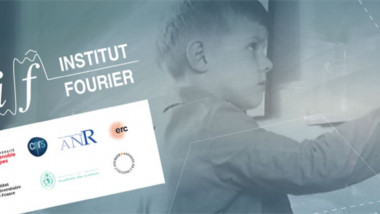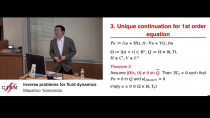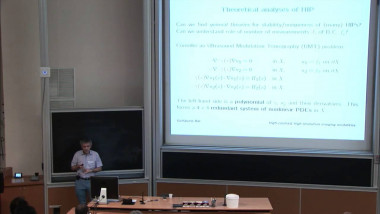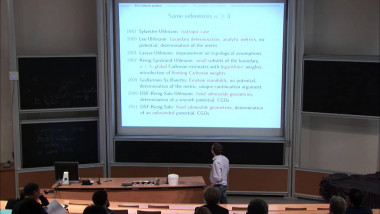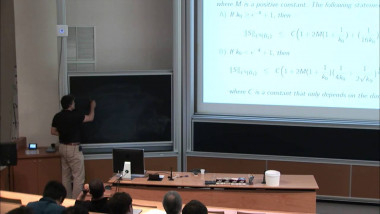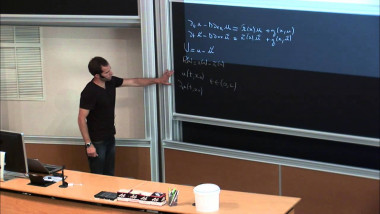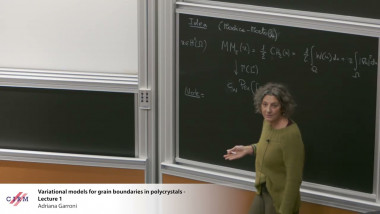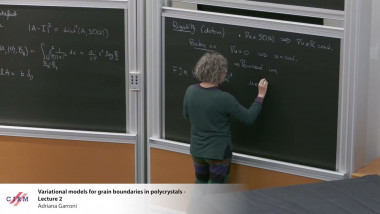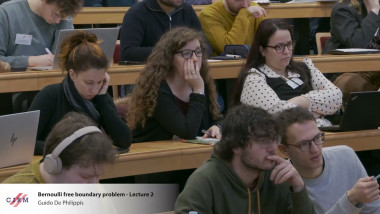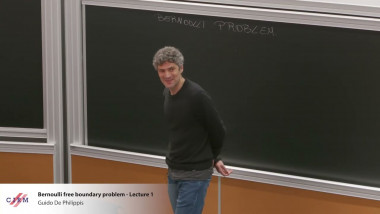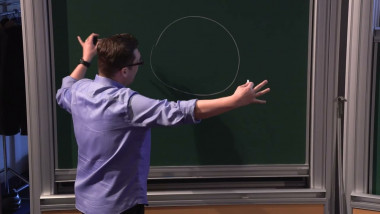High-contrast high-resolution coupled physics imaging modalities
Several recent coupled-physics medical imaging modalities aim to combine a high-contrast, low-resolution, modality with a high-resolution, low-contrast, modality and ideally offer high-contrast, high-resolution, reconstructions. Such modalities often involve the reconstruction of constitutive parameters in partial differential equations (PDE) from knowledge of internal functionals of the parameters and PDE solutions. This talk presents several recent results of uniqueness, stability and explicit reconstructions for several hybrid inverse problems. In particular, we provide explicit characterizations of what can (and cannot) be reconstructed and offer optimal (elliptic) stability estimates for a large class of coupled-physics imaging modalities including Magnetic Resonance Elastography, Transient Elastography, Photo-Acoustic Tomography and Ultrasound Modulation Tomography. Numerical simulations confirm the high-resolution, high-contrast, potential of these novel modalities.


